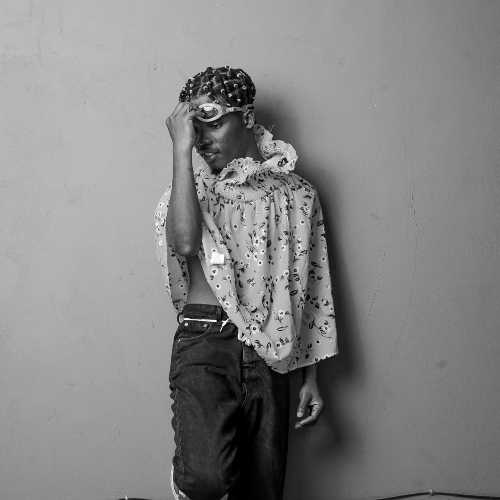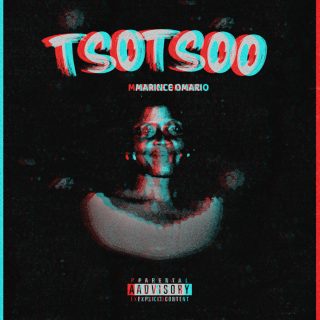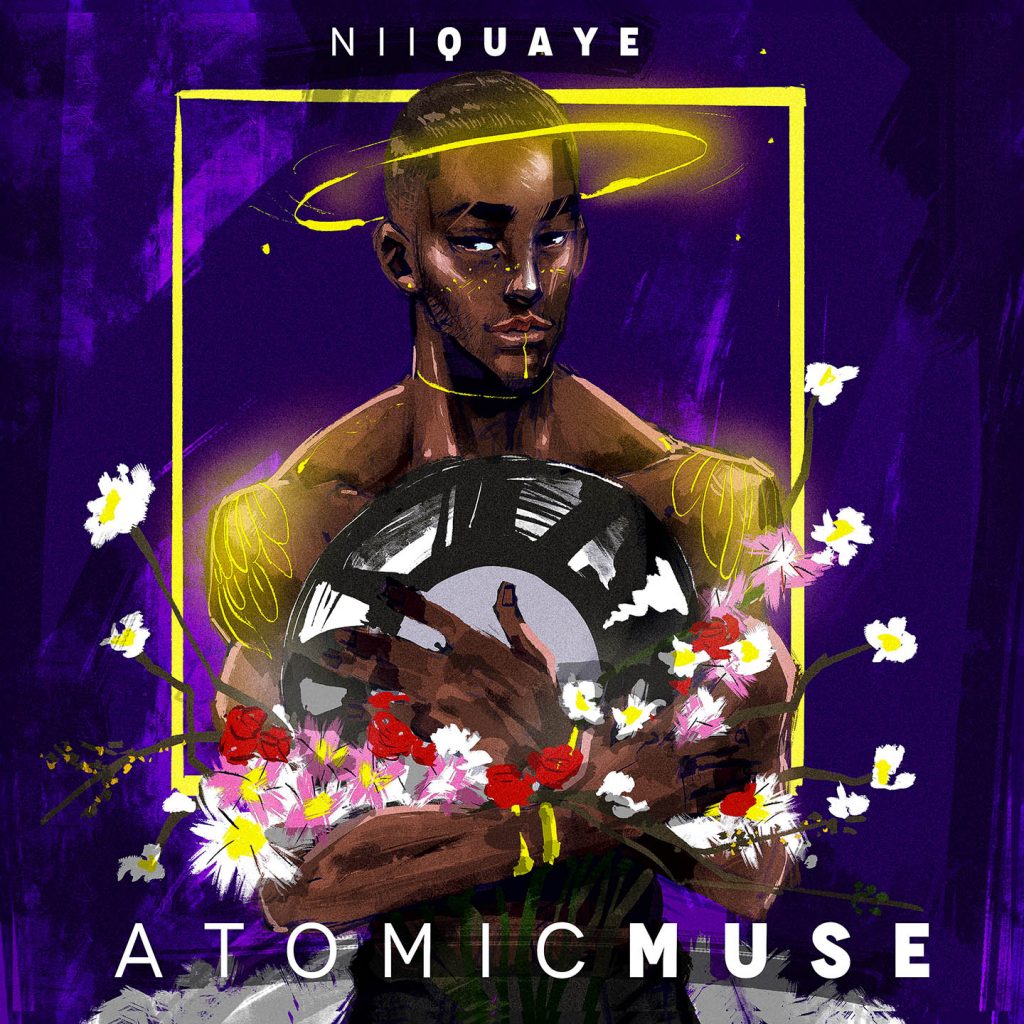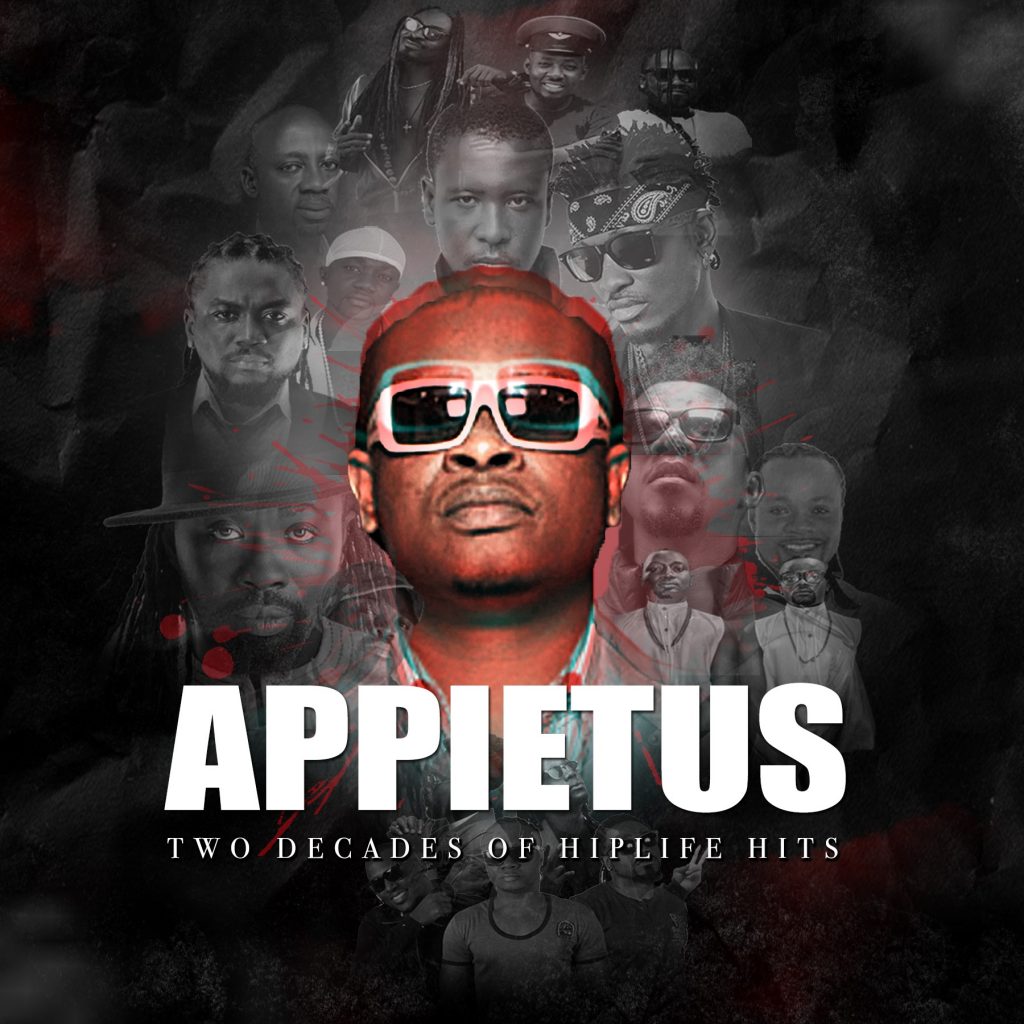Marince Omario – Tsotsoo
Tsotsoo is an EP made in memory of Marince Omario’s late grandmother, Margaret Tsotsoo Quarcoo. The EP is conceived to paint an idea of the effect of having her in his life, and to highlight the power and qualities she possesses even after her death.
Mkpai: means “libation” in Ga. It sees Marince performing a ritual to give thanks to God Almighty, the gods of the Ga land and his late grandmother, for protecting and giving him the strength to fight his battles. He also asks that they strengthen and protect him in the rest of his journey through life.
Gbonyo Party: in Ga culture, when someone dies, funeral rites last three days. The day after the burial normally falls on a Sunday, and is dedicated to party, as a form of rejuvination and socializing. In the song Marince describes how a girl who wept so hard during the burial service was wildly wining her waist, and moved seductively as she realized it caught his attention. The story is an ode to how well Ga women and girls can dance, even spelling casts with their body moves.
Seke: here Marince speaks about one of his dreams of taking a girl from the village to the city or abroad to give her a lavish lifestyle. “I developed this love because my grandma used to take us to her little village called Opah here in Accra to celebrate the Homowo festival. I liked how the girls in the village came to help whenever we went there. They were always good looking, respectful and polite, which were all qualities my grandmother possessed.”
Koti: this song addresses police harassment. “I’ve experienced it personally and have also seen the police harass young boys and girls for dressing or looking a certain way. I spoke about the fact that most of the youth just needs the freedom to go about their daily activities to get what to eat and share with their family and friends. Growing up, I also saw my grandma go to the police station several times because some of her children – my uncles and mom – had police cases desite being innocent.
Give It Back: “One thing I loved about my grandmother was her generosity. She took part in communal activities just to see the streets glow. I can never look away when talking about her. So I preach about sharing with the streets after we gain what we want from the streets and its people.”
Marince Omario – Tsotsoo
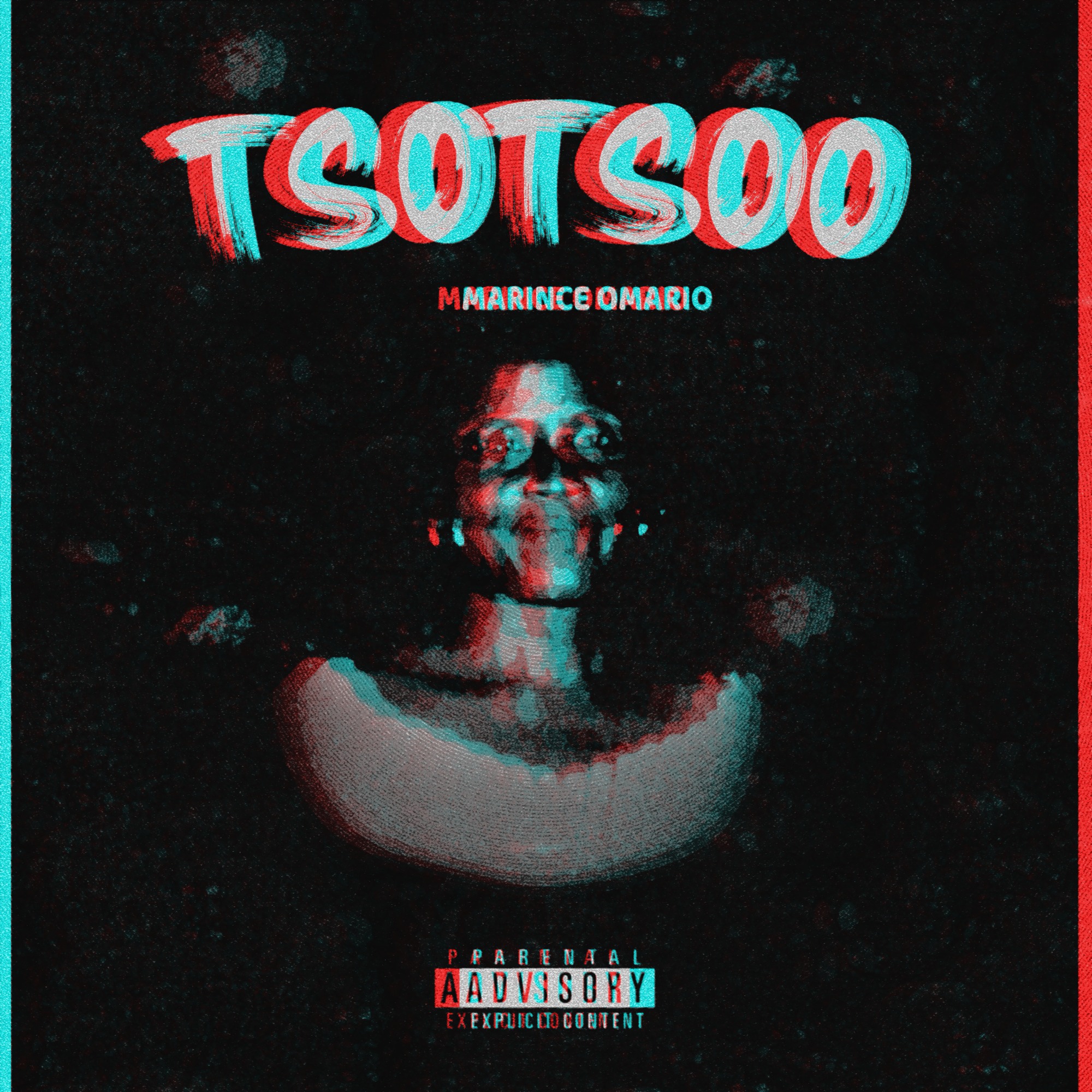
Tsotsoo is an EP made in memory of Marince Omario’s late grandmother, Margaret Tsotsoo Quarcoo. The EP is conceived to paint an idea of the effect of having her in his life, and to highlight the power and qualities she possesses even after her death.
Mkpai: means “libation” in Ga. It sees Marince performing a ritual to give thanks to God Almighty, the gods of the Ga land and his late grandmother, for protecting and giving him the strength to fight his battles. He also asks that they strengthen and protect him in the rest of his journey through life.
Gbonyo Party: in Ga culture, when someone dies, funeral rites last three days. The day after the burial normally falls on a Sunday, and is dedicated to party, as a form of rejuvination and socializing. In the song Marince describes how a girl who wept so hard during the burial service was wildly wining her waist, and moved seductively as she realized it caught his attention. The story is an ode to how well Ga women and girls can dance, even spelling casts with their body moves.
Seke: here Marince speaks about one of his dreams of taking a girl from the village to the city or abroad to give her a lavish lifestyle. “I developed this love because my grandma used to take us to her little village called Opah here in Accra to celebrate the Homowo festival. I liked how the girls in the village came to help whenever we went there. They were always good looking, respectful and polite, which were all qualities my grandmother possessed.”
Koti: this song addresses police harassment. “I’ve experienced it personally and have also seen the police harass young boys and girls for dressing or looking a certain way. I spoke about the fact that most of the youth just needs the freedom to go about their daily activities to get what to eat and share with their family and friends. Growing up, I also saw my grandma go to the police station several times because some of her children – my uncles and mom – had police cases desite being innocent.
Give It Back: “One thing I loved about my grandmother was her generosity. She took part in communal activities just to see the streets glow. I can never look away when talking about her. So I preach about sharing with the streets after we gain what we want from the streets and its people.”
ARTIST
